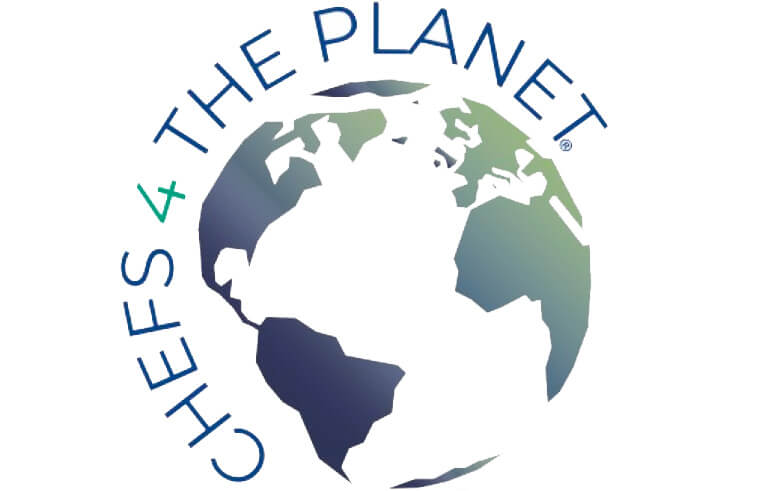Orleans, France (CNN Business): Food labels already indicate how good or bad a product is for you. But good or bad for the planet? That’s often much less clear. Now a growing number of brands are labeling their products to show their climate impact.
Swedish food company Felix is one of them. For two days in October, Felix opened a pop-up store in Stockholm, where all items were priced based on their carbon footprint. The bigger their emissions, the higher the price.
The idea was to demonstrate how easy it is for shoppers to make climate-friendly choices when products are clearly labeled. Each customer was given a budget in “carbon dioxide equivalents” to shop for a week’s worth of groceries.
While the pop-up was a short initiative to raise awareness, Felix already lists on its website the greenhouse gas emissions associated with all its foods — from the cultivation of the ingredients to the finished product.
Products are given a “low climate footprint” label if their emissions are no more than half of the average for food in Sweden. Felix’s marketing manager Thomas Sjöberg says it’s important that the labeling can be easily understood.
“We know that the numbers alone don’t make sense to consumers,” says Sjöberg. “To give the figures meaning, we have created a climate scale that clearly shows the current average and which climate footprint is low.”
A poll commissioned by the Carbon Trust, which certifies the carbon footprints of various products, found that two-thirds of consumers in France, Germany, Italy, the Netherlands, Spain, Sweden, the United Kingdom and the United States support carbon labeling on products. No government has yet made labeling a legal requirement, according to the Carbon Trust.
Read the rest here: https://edition.cnn.com/2020/11/27/business/food-climate-label-carbon-footprint-spc-intl/index.html


